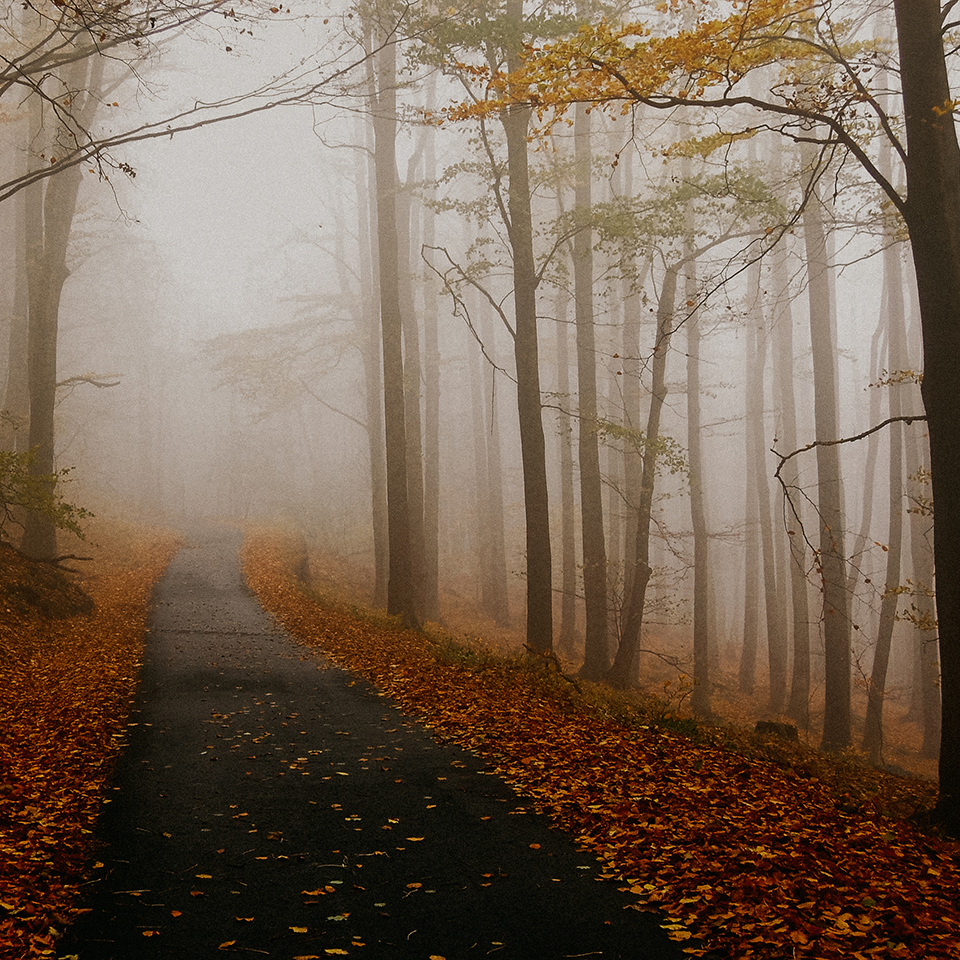Anyone familiar with the poetry of Robert Frost recognizes his abiding encounters with nature. Whether you find it in the “black branches up a snow white trunk” from Birches, the “easy wind and downy flake” of Stopping by Woods on a Snowy Evening, or the “leaves ripened to the fall” in October, you are sure to step away from your reading with the faint smell of musty earth.
For me, Frost’s poems are nostalgic. They place me in the quiet of childhood, forgetful of time, and outside for hours on end. Over weeds and under trees, across pastures and against the wind, Frost captures the undomesticated me who has somehow, over time, become the careworn me.
But in his nostalgia, Frost is (as Lionel Trilling once asserted) terrifying. Quietly, insidiously, this old poet coaxes me into boyhood places and then strips away my defenses to face the man I have become with my uncertainties, my loneliness, my distractions, and my failures. Of course, he is kind as he does this, and he does it with the help of dark woods and lonely walks, empty barns and black cottages. But though Frost has that kindness about him, it makes him no less honest.
Importantly, though, he does not leave me in terror. His motive is not to sadden or discourage. When Gerard Manley Hopkins, in Spring and Fall, writes to the child Margaret who is weeping over the autumn loss of her beloved Goldengrove, he pens the blunt memento mori:
It ís the blight man was born for,
It is Margaret you mourn for.
And when W.H. Auden, in blackened mood, composes Funeral Blues, he leaves us sinking in a moment of despair:
The stars are not wanted now; put out every one,
Pack up the moon and dismantle the sun,
Pour away the ocean and sweep up the wood;
For nothing now can ever come to any good.
Robert Frost is a little more kind. In his poem Reluctance, a perfect autumn reflection, he casts the world in its seasonal decay. The mood should be obvious: melancholic, regretful, insular. But Frost speaks of the very human tendency to fight this mood. Though decay is inevitable, though loss will occur, though the grace of ultimate acceptance is necessary, don’t we all want to (perhaps even need to) fight it just a little?
Out through the fields and the woods
And over the walls I have wended;
I have climbed the hills of view
And looked at the world, and descended;
I have come by the highway home,
And lo, it is ended.
The leaves are all dead on the ground,
Save those that the oak is keeping
To ravel them one by one
And let them go scraping and creeping
Out over the crusted snow,
When others are sleeping.
And the dead leaves lie huddled and still,
No longer blown hither and thither;
The last lone aster is gone;
The flowers of the witch hazel wither;
The heart is still aching to seek,
But the feet question ‘Whither?’
Ah, when to the heart of man
Was it ever less than a treason
To go with the drift of things,
To yield with a grace to reason,
And bow and accept the end
Of a love or a season?
Since I first encountered the poetry of Robert Frost as a trembling fourth grader standing desk side and reciting Stopping by Woods on a Snowy Evening to Mrs. Duffy and my entire class, he has become a comfort to me. In crafting his poetry, he understands my plight, as it is his as well. Though startling in his apprehension of my broken nature, he doesn’t leave me in terror. Instead, he helps me through it. In the wind and the chill, through the dark woods and falling leaves, he accompanies me to the other side. He recognizes my nature and grapples with it; he explores me for who I am, with a quietly tender voice whispering who I ought to be.
By making me lonely, he reminds me of my friends.
By voicing my efficiency, he invites me back to warmth.
By visiting my childhood, he makes me hungry for home.
By understanding my weariness, he calls me to rest.
This autumn, amidst the darkening skies and rattling trees, curl up by the fire with a poem or two from Robert Frost. You’ll find that he knows you. And in knowing you, he’ll help you to know you too.
